
Don't drink water before bed but still urinate at night, beware of these 3 diseases
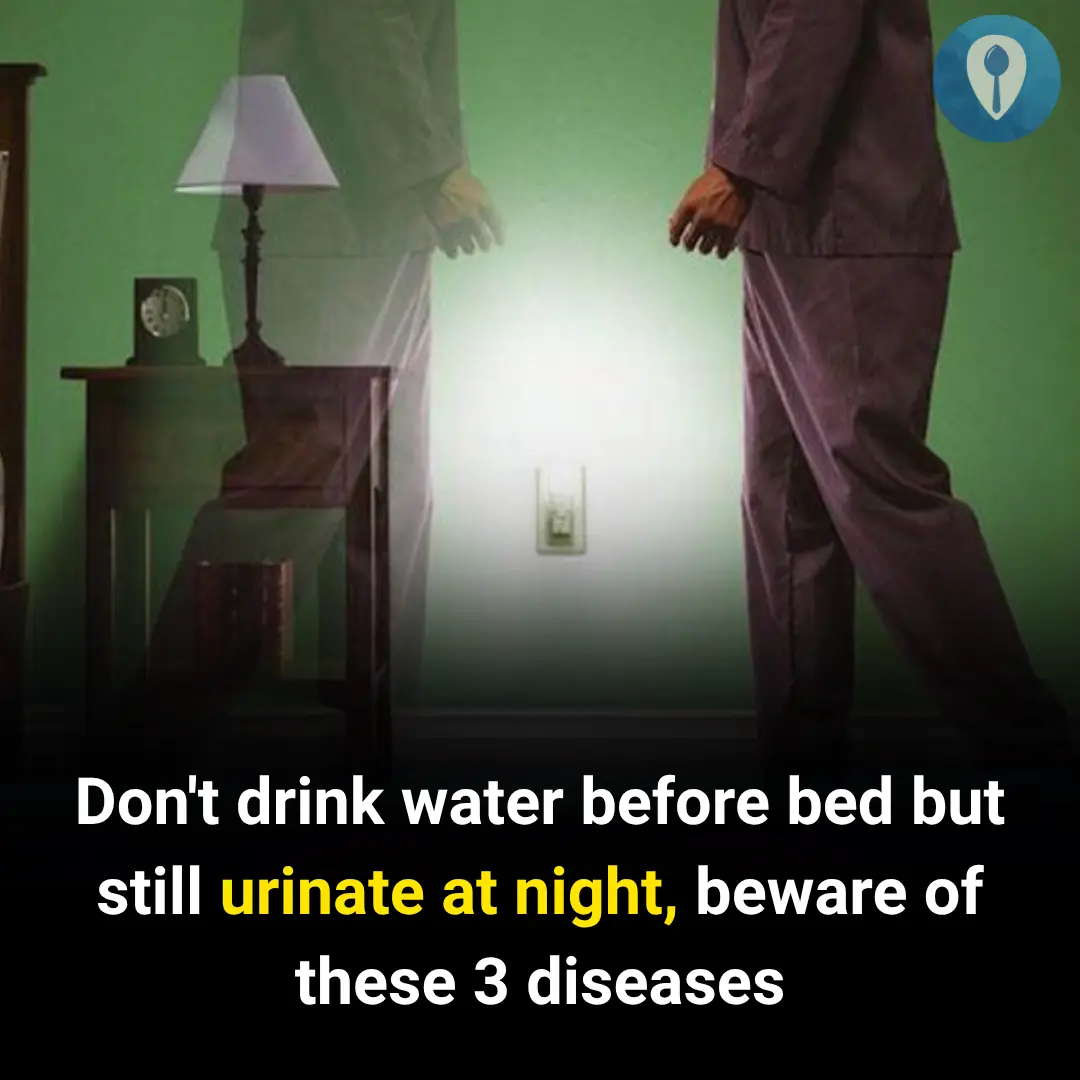
Don’t Drink Water Before Bed But Still Pee at Night? Watch Out for These 3 Dangerous Diseases
Waking up in the middle of the night to urinate can be normal if you’ve had a lot of water in the evening. However, if you don’t drink water before bedtime and still frequently have to urinate at night, this is no longer a normal occurrence. It may be an early warning sign of potentially dangerous health conditions that should not be ignored.
So what causes frequent nighttime urination even when you don’t drink water? Is it due to age or diet? More importantly, which illnesses might this symptom be silently pointing to? Let’s explore in detail below.
1. What Is Nocturia? When Does It Become Abnormal?
Nocturia is the condition of having to wake up one or more times at night to urinate, disrupting sleep. For young, healthy individuals, urinating at night is quite rare unless they've consumed a lot of fluids or taken diuretics before bed.
According to experts, if you need to urinate two or more times per night, especially when you haven’t had any water in the evening, it may be an early sign of an underlying medical condition.
2. Common Causes of Nocturia Without Drinking Water
Here are several common reasons you may still urinate at night even after reducing water intake in the evening:
2.1. Bladder Dysfunction
An overactive or damaged bladder can send “urge to urinate” signals even when it isn’t full.
2.2. Reduced Antidiuretic Hormone (ADH) Levels
ADH helps the body reabsorb water during the night to reduce urination. In older adults or those with hormonal imbalances, ADH levels drop, leading to increased nighttime urine production.
2.3. Early Kidney Impairment
In its early stages, kidney dysfunction can reduce the organ’s ability to retain water, resulting in increased urination at night.
2.4. Side Effects of Medication
Some medications—such as diuretics, antihypertensives, or sedatives—may increase urine production or stimulate the bladder.
However, if you’ve ruled out these causes and still experience frequent nighttime urination, you could be facing one of the three dangerous health conditions below.
3. Beware of These 3 Dangerous Diseases Behind Nocturia Without Drinking Water
3.1. Diabetes Mellitus
✅ Why Does Diabetes Cause Nocturia?
When blood sugar levels are high, the body attempts to flush out excess glucose through urination, leading to frequent urination—especially at night.
🔍 Common Symptoms:
-
Constant thirst despite drinking plenty of water
-
Frequent urination, especially at night
-
Fatigue and unexplained weight loss
-
Blurry vision and persistent hunger
🧪 Diagnostic Tests:
-
Fasting blood glucose test
-
HbA1c test (average blood sugar over the past 3 months)
⚠️ Important Note:
Many people first discover they have diabetes due to prolonged nighttime urination. This is a critical early warning sign that should not be ignored.
3.2. Benign Prostatic Hyperplasia (BPH) – In Men
✅ Why Does BPH Cause Nighttime Urination?
An enlarged prostate presses against the bladder or urethra, reducing its ability to hold urine. This causes men to feel the urge to urinate frequently—even if the bladder isn’t full.
🔍 Distinct Symptoms:
-
Intermittent or difficult urination
-
Weak urine stream
-
Feeling of incomplete bladder emptying
-
Urinating more than twice at night
🧪 Diagnostic Tests:
-
Prostate ultrasound
-
PSA blood test (to rule out prostate cancer)
⚠️ High-Risk Individuals:
-
Men over 50 years old
-
Smokers and heavy drinkers
-
Those with a family history of prostate issues
3.3. Heart Failure
✅ What’s the Connection Between Heart Failure and Nocturia?
In people with heart failure, the heart pumps less efficiently during the day, causing blood and fluid to pool in the lower body. When lying down at night, this fluid returns to the heart and is filtered by the kidneys—resulting in nighttime urination.
🔍 Accompanying Symptoms:
-
Swollen legs, especially in the late afternoon
-
Shortness of breath when lying down
-
Fatigue or dizziness
-
Rapid heartbeat
🧪 How to Diagnose:
-
Echocardiogram
-
Electrocardiogram (ECG)
-
BNP blood test (a marker for heart failure)
⚠️ Pro Tip:
If you experience nighttime urination along with swollen legs or nighttime shortness of breath, don’t dismiss it as salt intake or fatigue. These could be early signs of heart failure—a serious condition that requires prompt medical attention.
4. Who Is at Higher Risk of Nocturia Without Drinking Water?
-
People over 50 years old
-
Those with chronic illnesses (e.g., hypertension, diabetes)
-
Long-term diuretic users
-
Individuals with a salty diet or high alcohol intake
-
People with poor sleep or nervous system disorders
5. How to Prevent and Manage Nighttime Urination
If you haven’t been diagnosed with an underlying illness but still suffer from nocturia, here are some lifestyle changes that may help:
5.1. Adjust Your Daily Habits
-
Avoid drinking water 2–3 hours before bedtime
-
Refrain from alcohol, coffee, and tea after 5 PM
-
Limit salt intake during dinner
-
Always empty your bladder before bed
5.2. Incorporate Light Physical Exercise
Gentle activities like walking, yoga, or pelvic floor exercises (Kegels) can enhance bladder control and reduce nocturia.
5.3. Get Regular Health Checkups
Undergo basic medical exams every 6 months to catch early signs of conditions like diabetes, kidney disease, hormone imbalances, or heart failure.
6. When to See a Doctor
You should seek medical attention as soon as possible if you experience:
-
Frequent nighttime urination lasting more than a week without drinking water
-
Painful, burning, or difficult urination
-
Unusual urine color or presence of blood
-
Persistent feeling of incomplete urination
-
Accompanied by fatigue, weight loss, leg swelling, or shortness of breath
Avoid self-medicating with diuretics, tranquilizers, or home remedies without knowing the root cause. Doing so may worsen your condition.
7. Conclusion
Frequent nighttime urination—despite avoiding water before bed—is a warning sign that should not be overlooked. It may be an early indicator of serious conditions such as diabetes, prostate enlargement, or even heart failure.
Listening to your body and paying close attention to unusual symptoms—along with regular health checkups—can help you detect diseases early and treat them effectively. Don’t let a seemingly minor nighttime symptom undermine your long-term health.
News in the same category

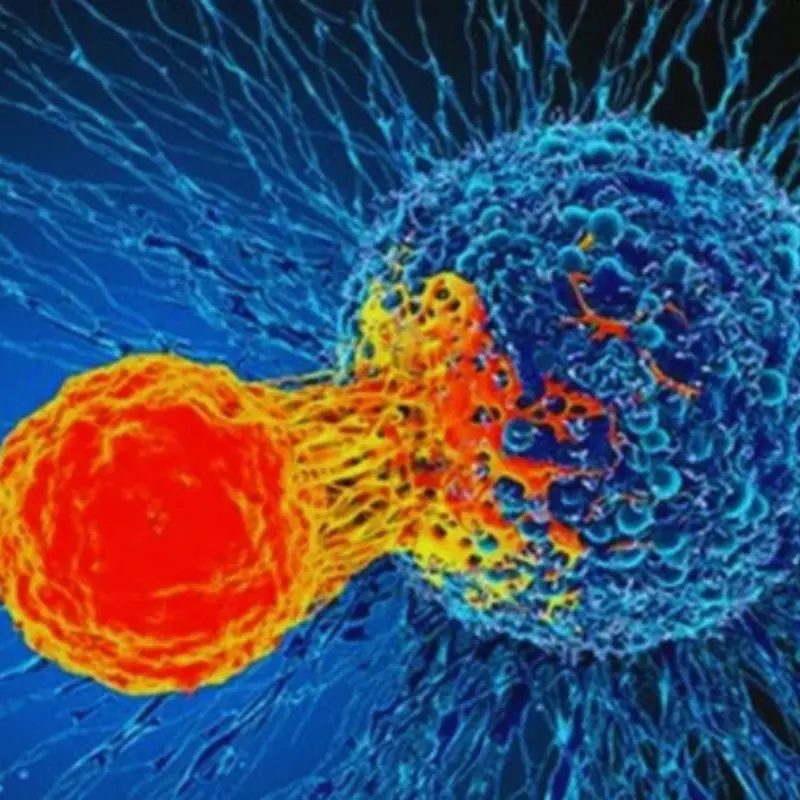
Three Nighttime Symptoms That May Signal Can.cer

7 types of fruits and vegetables that many studies have shown to have the ability to support the inhibition of cancer cell growth

Doctors recommend eating less of this food

5 groups of people who should absolutely NOT eat chocolate – the 3rd group will surprise you!

Bitter mouth in the early morning - a silent sign of a serious illness?
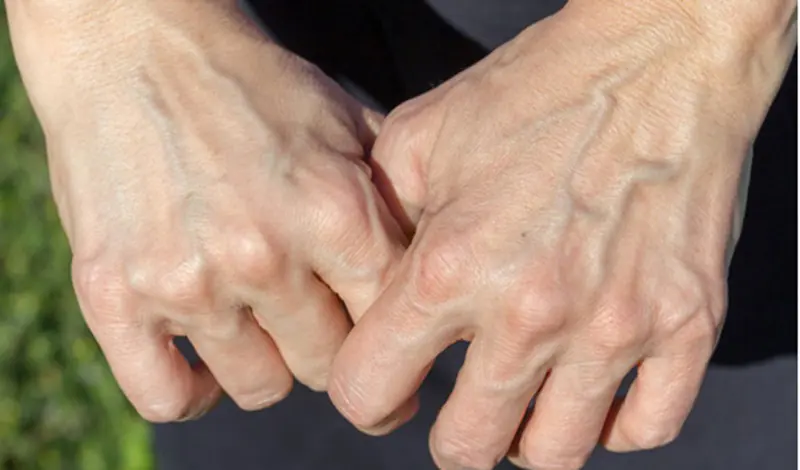
People with blue ve.ins should pay attention to this
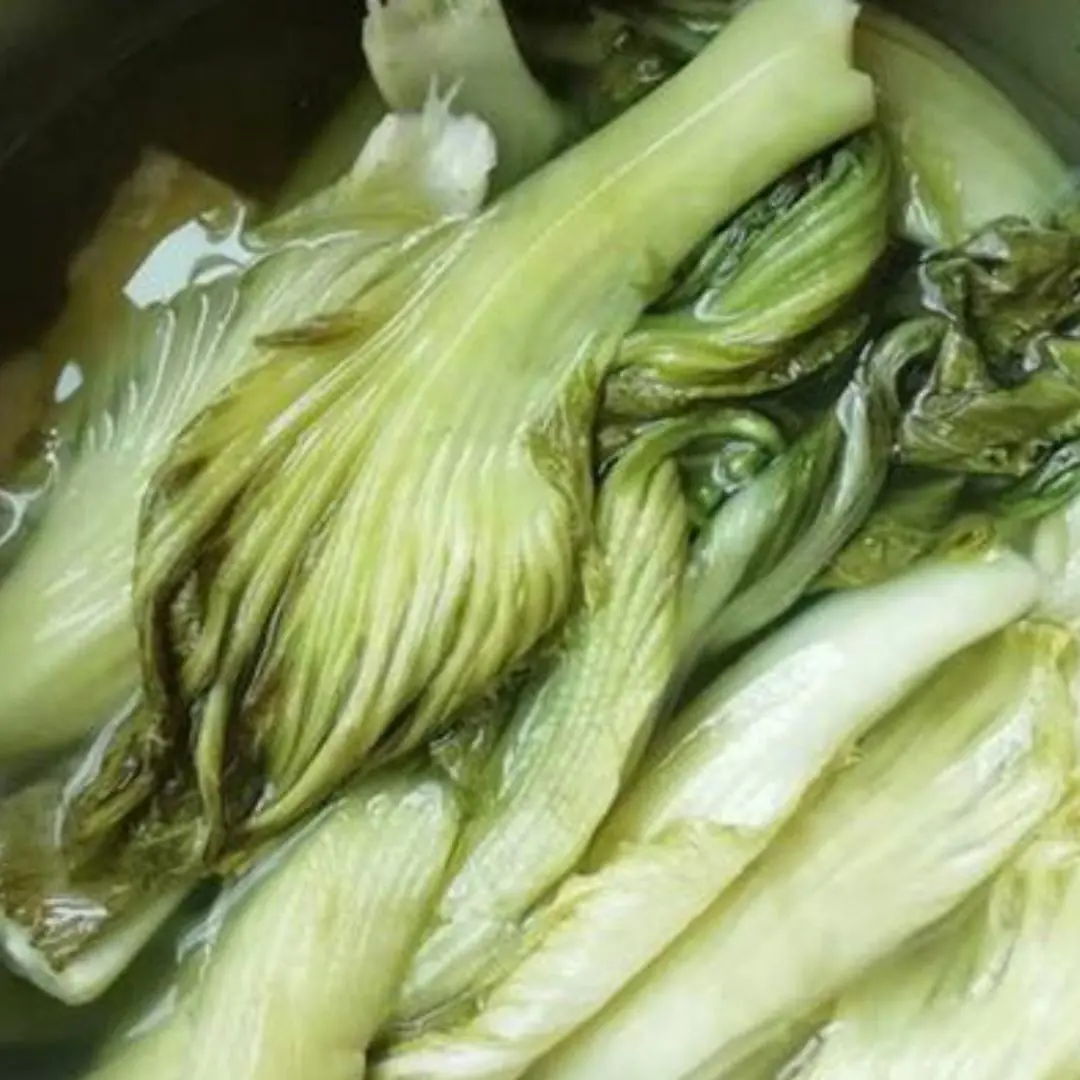
5 Foods That Can Increase Ca.n.c.er Risk – Should Be Limited In Daily Meals

3 types of fruit that can.cer cells love
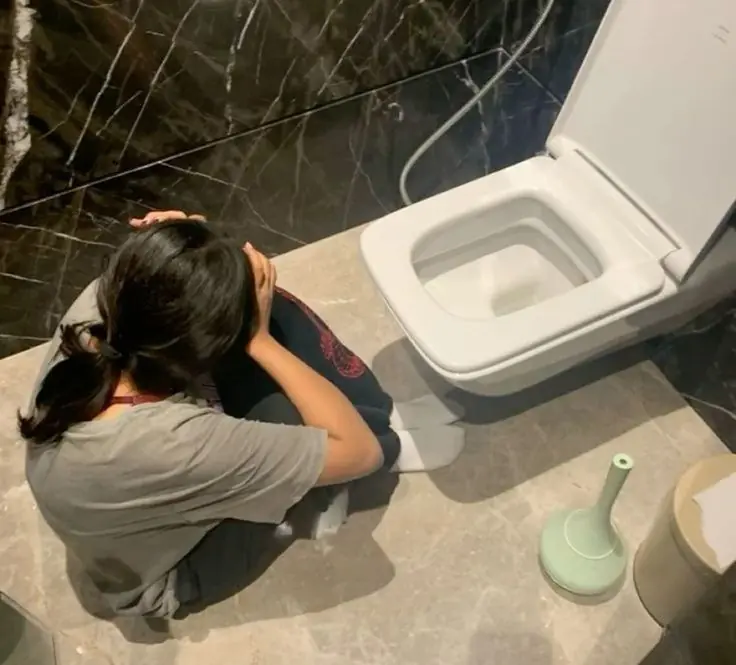
6 Subtle Changes That May Signal the Early Stages of Colo.rectal Can.cer

7 Common Vegetables That Can Cause Kid.ney Stones
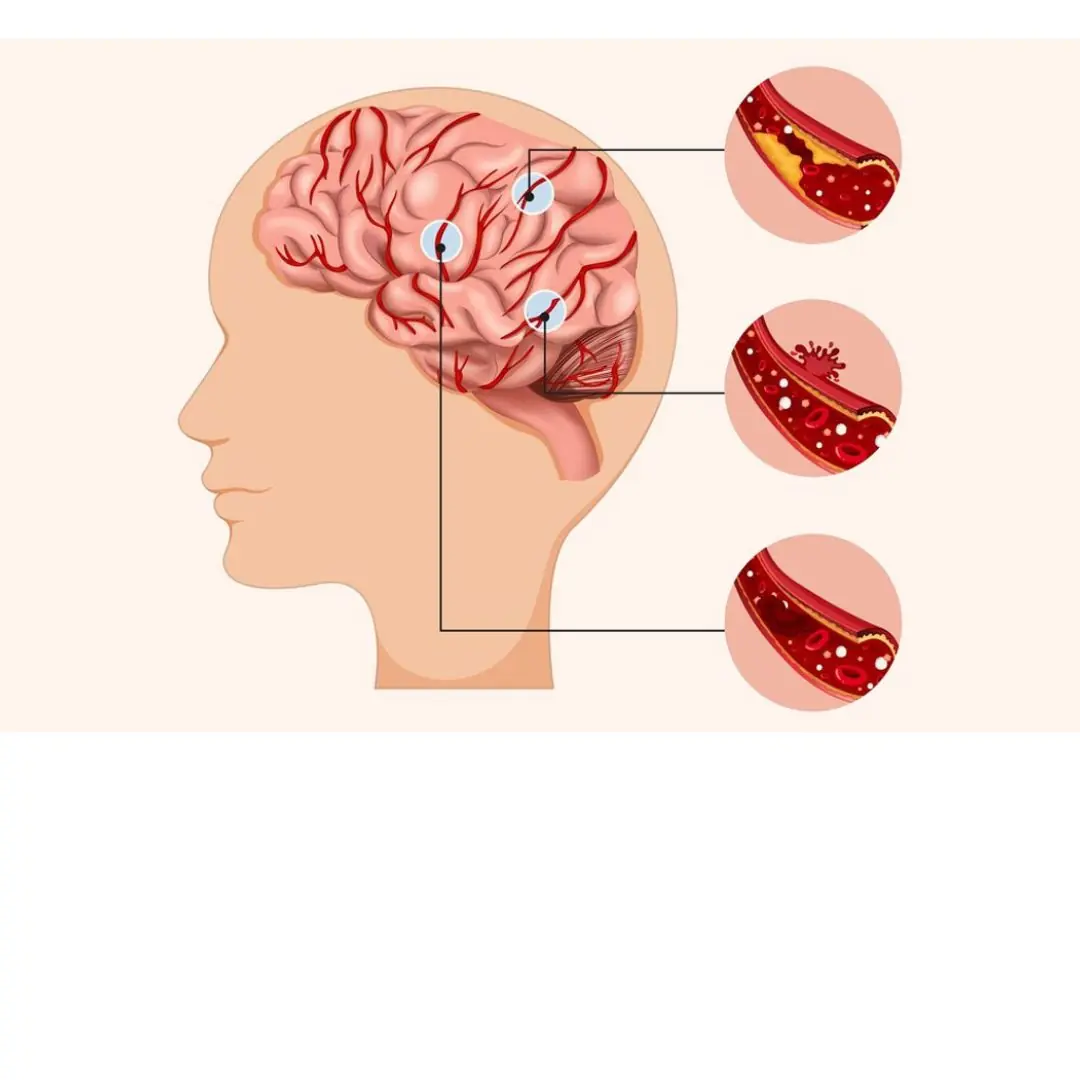
Why Can Young People Still Suffer Strokes and Sudden Death? 5 Dangerous Habits You Need to Quit Immediately

5 Delicious Foods Once Misunderstood as Har.mful
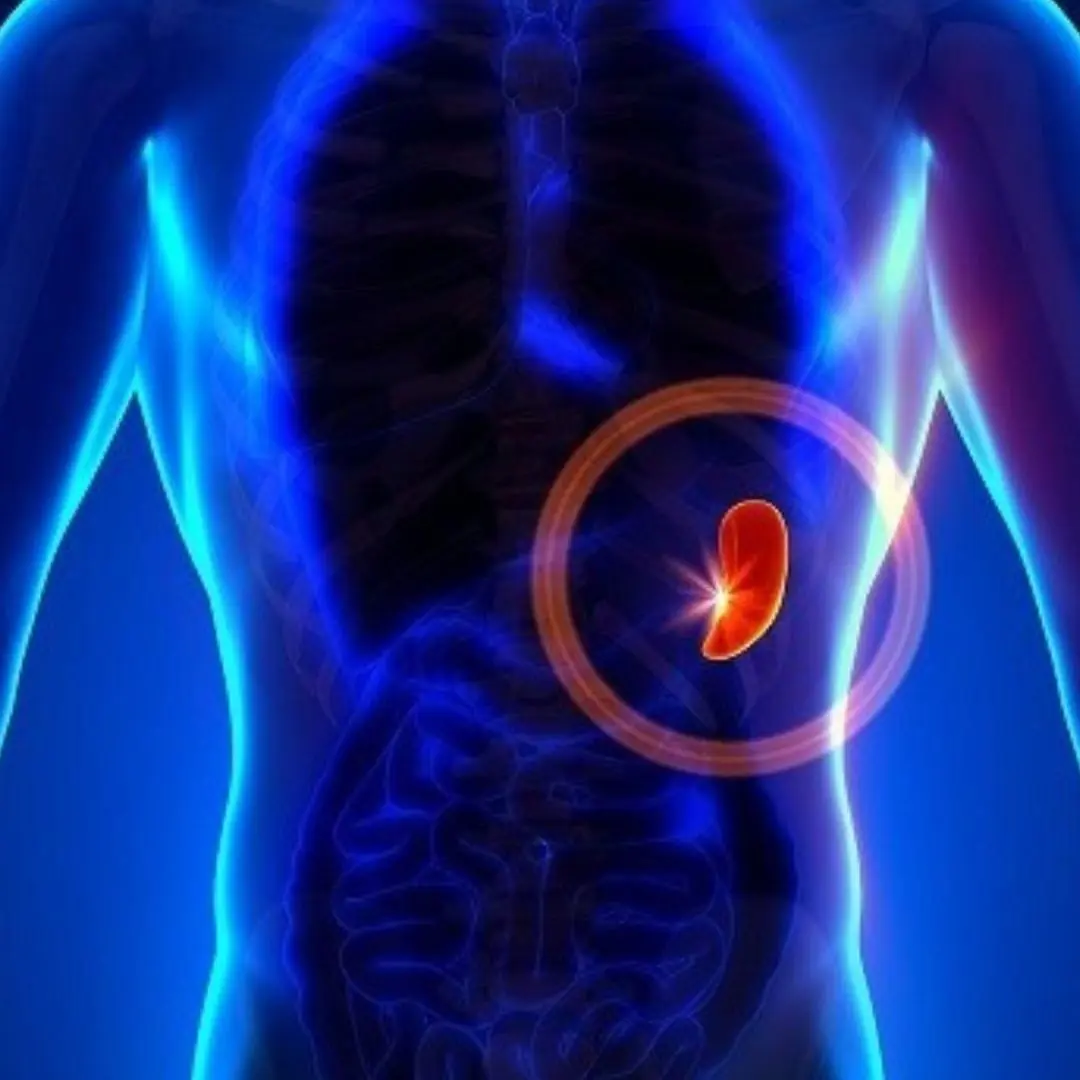
Spleen Cancer: A Rare But Dangerous Disease – You Need To Know!
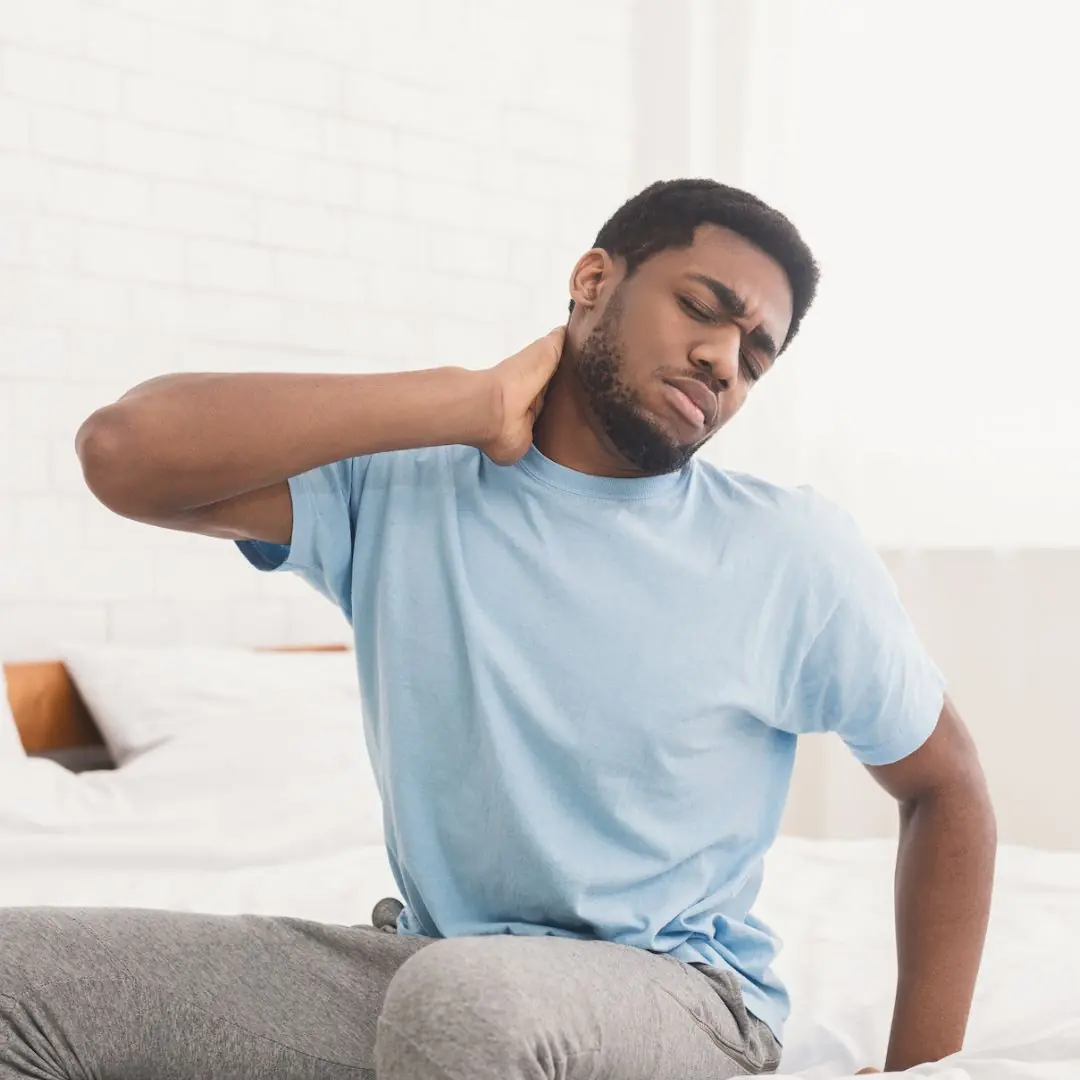
Achy Mornings? Here’s What Your Body’s Trying to Tell You — And How to Fix It
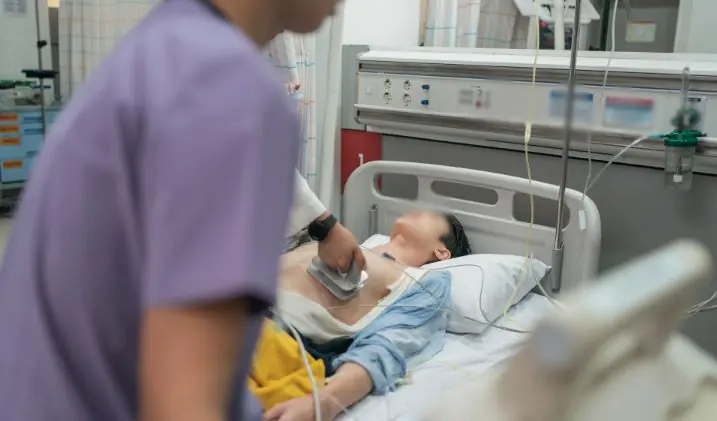
5 Pancreatic Can.cer Symptoms Often Mistaken for Sto.mach Issues
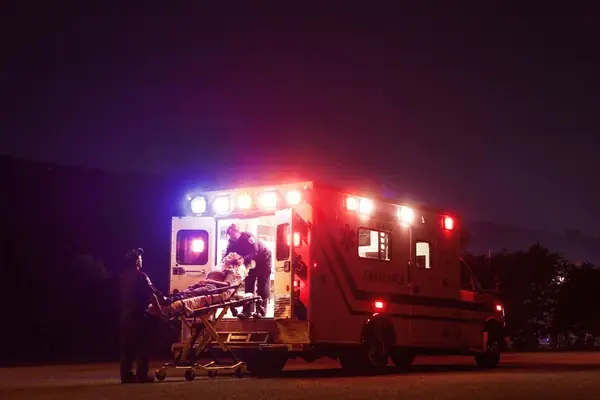
5 Types of Drinks That Can Harm Your Liv.er and Kid.neys at Night
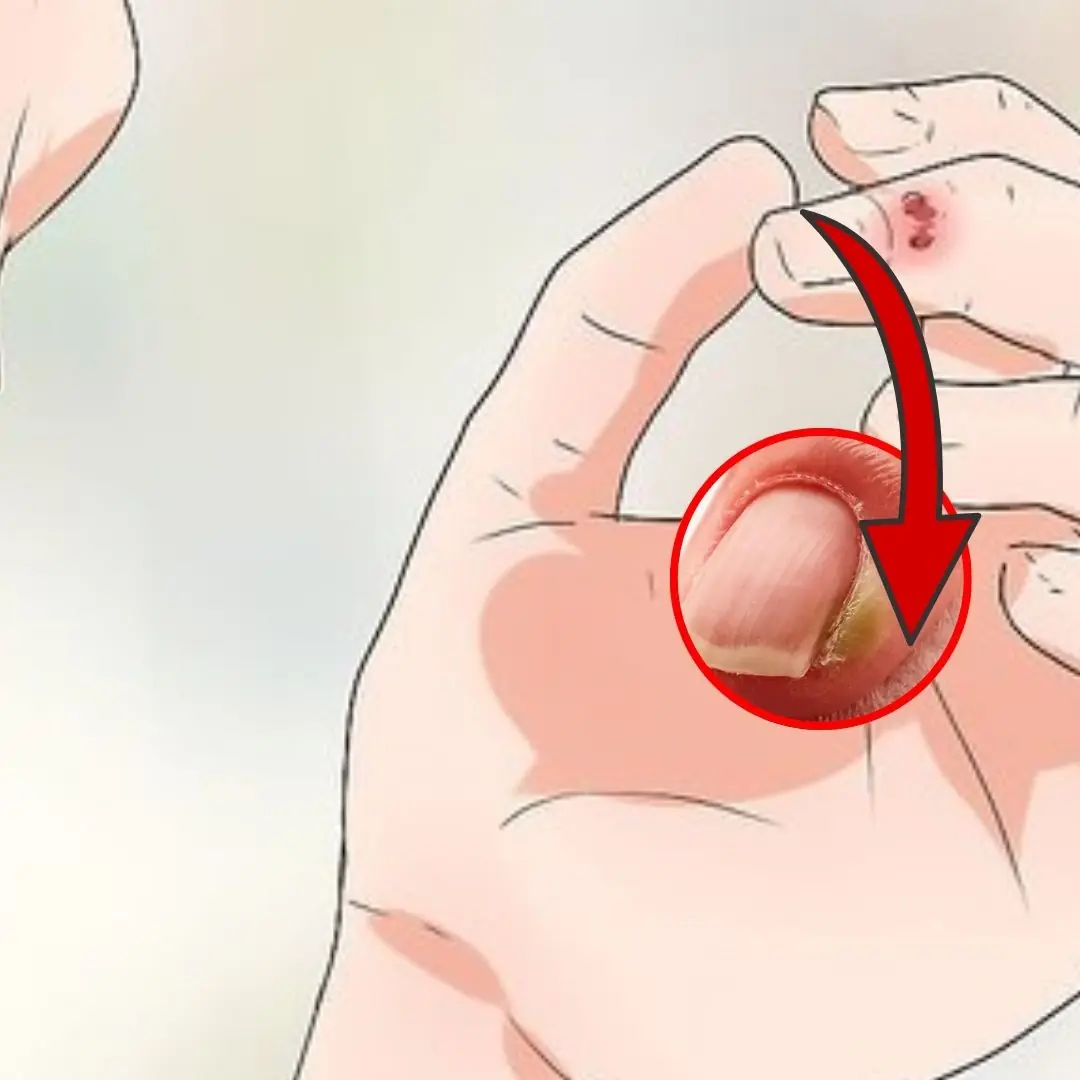
Suffering from Canker Sores? Here Are 3 Powerful Home Treatments You Should Try
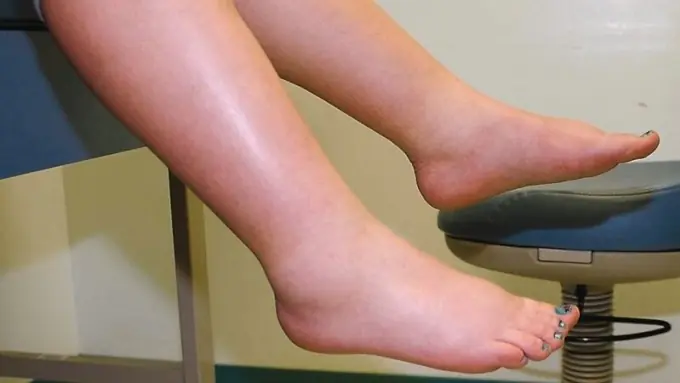
When Fat Invades and Des.troys the Liv.er, the Body Swells in 5 Areas
News Post

7 Summer Vegetables That Seem Clean but Aren't

3 Foods That Should Never Be Eaten with Eggs

Three Nighttime Symptoms That May Signal Can.cer

7 types of fruits and vegetables that many studies have shown to have the ability to support the inhibition of cancer cell growth

Doctors recommend eating less of this food

Black Bean Water Is Cooling and Healthy, But There Are 3 Types of People Who May Be Harmed by It

Nutritional secrets hidden in familiar fruits – 90% of people are unaware!
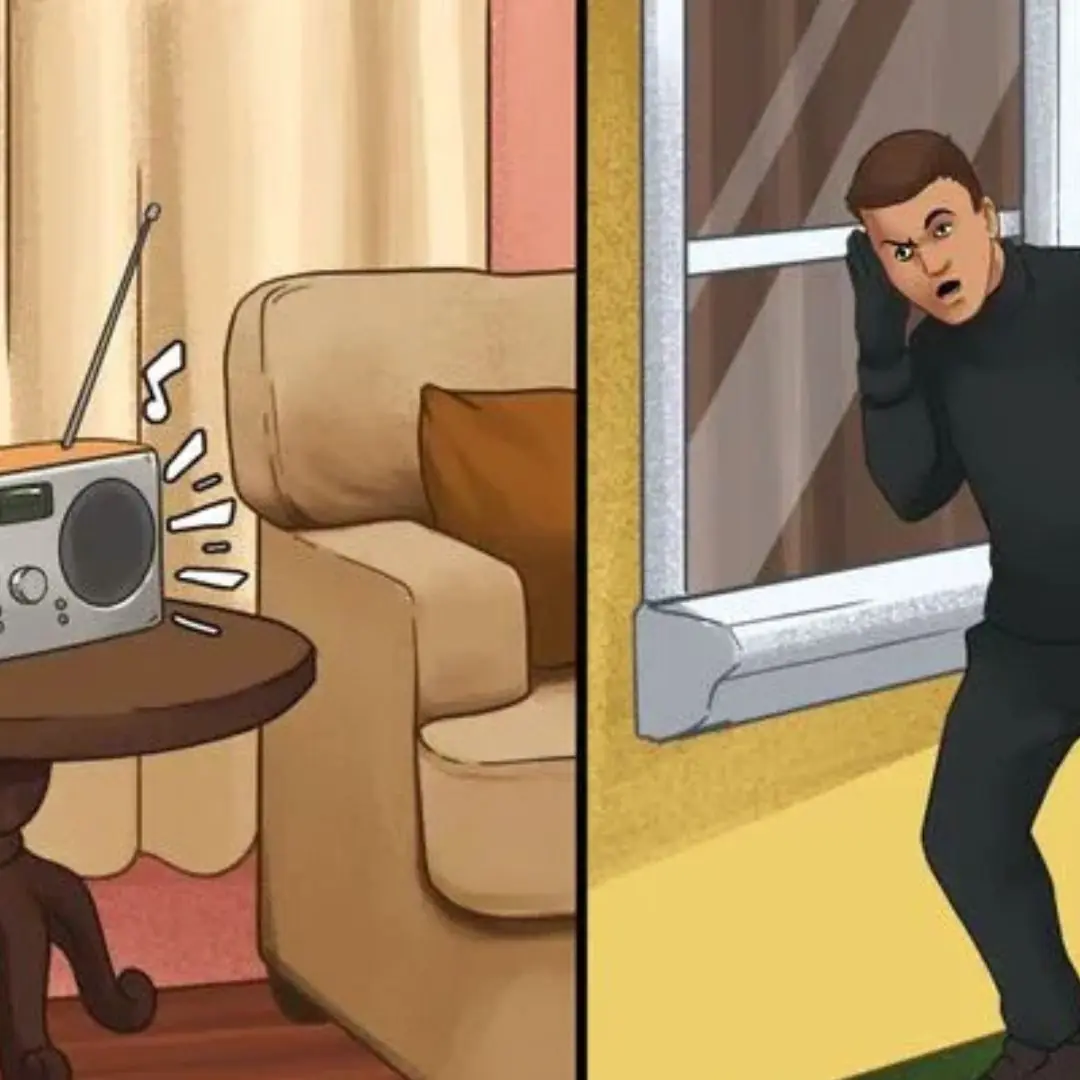
10 tips to keep thieves away from your home

5 groups of people who should absolutely NOT eat chocolate – the 3rd group will surprise you!

Bitter mouth in the early morning - a silent sign of a serious illness?

A Wild-Growing Vegetable Once Ignored Is Now Highly Sought After

A Little-Known Leaf That Can Be Eaten Fresh or Brewed as Tea

This Vegetable Contains 60 Times More Vitamin K Than Duck Eggs

5 Types of Vegetables Rich in Natural Collagen

People with blue ve.ins should pay attention to this
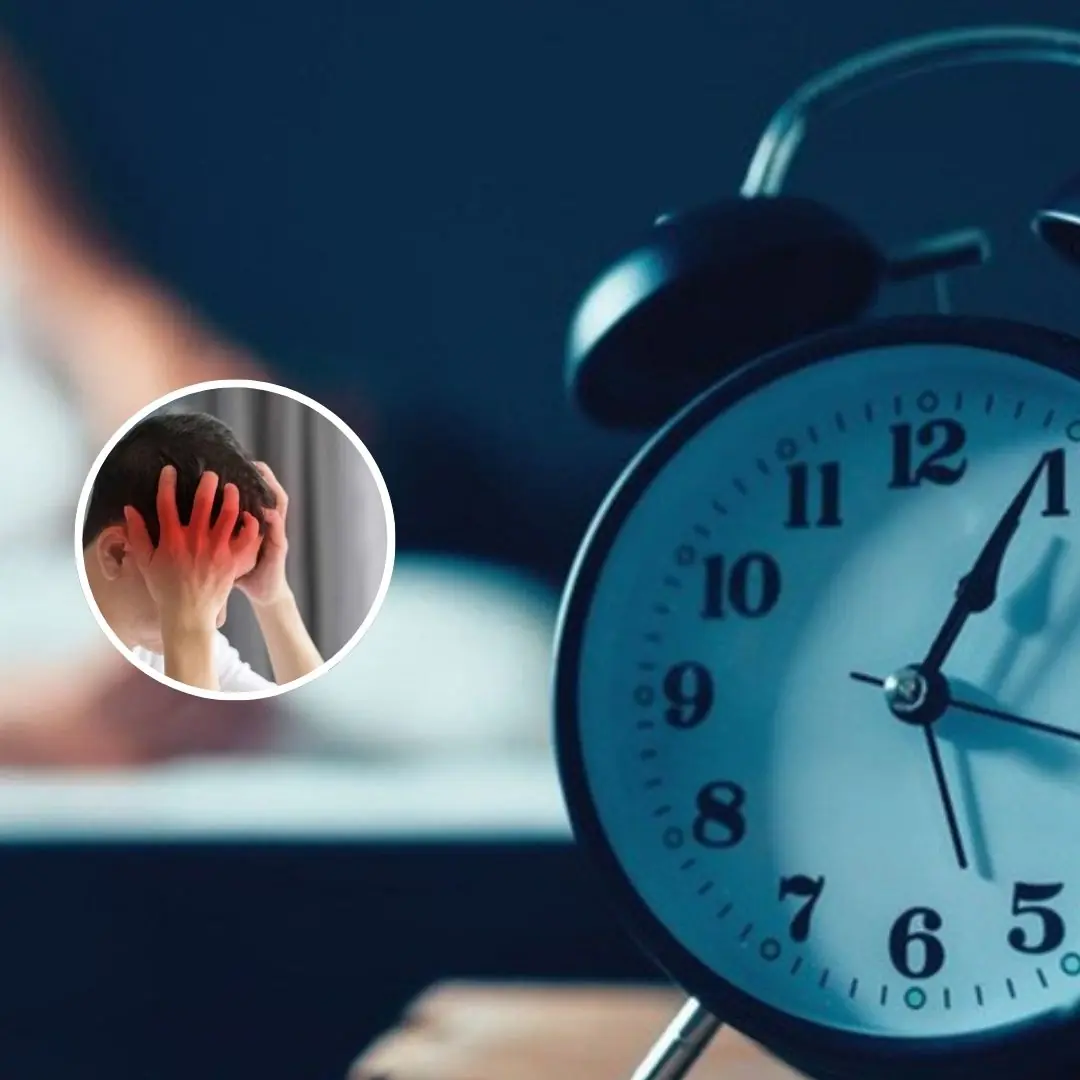
How Sleeping After 11 PM Can Damage Your Body – Expert-Backed Insights

5 Foods That Can Increase Ca.n.c.er Risk – Should Be Limited In Daily Meals

3 types of fruit that can.cer cells love
